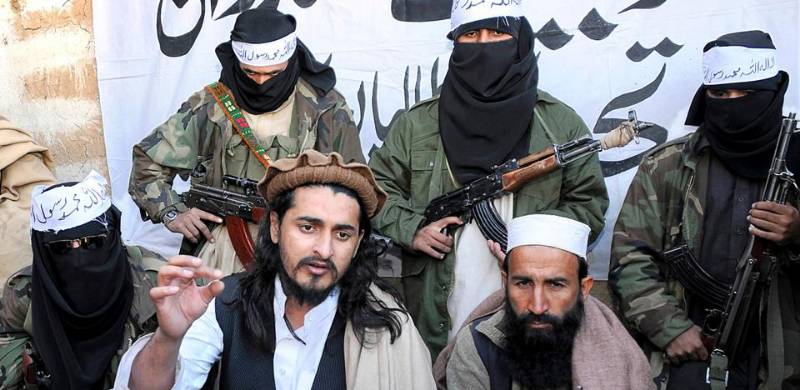
Amid peace talks and negotiations with the government, Tehreek-e-Taliban Pakistan (TTP) has reportedly agreed to extend the ceasefire indefinitely. Peace talks between government and the banned group will continue, to find a permanent solution.
According to a report by Dawn, the previous extension of the deadline expired last night (May 30) and the decision to further extend it, that too, indefinitely, shows significant progress and success on the part of the peace talks.
Both sides held separate meetings with Acting Prime Minister of the ‘Islamic Emirate of Afghanistan (IEA)’ Mullah Muhammad Hassan Akhund, at his office, which resulted in an agreement to extend the ceasefire.
During the meetings, Mullah Akhund had expressed his desire that there shouldn't be any cut-off date for the new ceasefire agreement. Eventually, both the TTP and the Pakistani govt decided to declare an indefinite ceasefire in order to end the ongoing militancy which had resulted in mass killings and the dislocation of thousands.
The mediator for the talks was IEA’s Acting Minister for Interior Sirajuddin Haqqani, who helped bring the talks back on track.
According to reports, the government of Pakistan, in a bid to demonstrate sincerity and commitment, acceded to some of the TTPs demands. Some key demands include the reversal of the FATA merger with Khyber Pakhtunkhwa, introduction of Sharia regulation in Malakand, presidential pardon to two militant TTP commanders as well as the disbandment of the TTP as a militant group.
Reportedly, the GoP finds compromising on the issue of the FATA merger reversal, as well as the disbandment of the TTP challenging.
However, negotiations are set to continue, with the next round of negotiations expected to take place in the second week of June.
According to a report by Dawn, the previous extension of the deadline expired last night (May 30) and the decision to further extend it, that too, indefinitely, shows significant progress and success on the part of the peace talks.
Both sides held separate meetings with Acting Prime Minister of the ‘Islamic Emirate of Afghanistan (IEA)’ Mullah Muhammad Hassan Akhund, at his office, which resulted in an agreement to extend the ceasefire.
During the meetings, Mullah Akhund had expressed his desire that there shouldn't be any cut-off date for the new ceasefire agreement. Eventually, both the TTP and the Pakistani govt decided to declare an indefinite ceasefire in order to end the ongoing militancy which had resulted in mass killings and the dislocation of thousands.
The mediator for the talks was IEA’s Acting Minister for Interior Sirajuddin Haqqani, who helped bring the talks back on track.
According to reports, the government of Pakistan, in a bid to demonstrate sincerity and commitment, acceded to some of the TTPs demands. Some key demands include the reversal of the FATA merger with Khyber Pakhtunkhwa, introduction of Sharia regulation in Malakand, presidential pardon to two militant TTP commanders as well as the disbandment of the TTP as a militant group.
Reportedly, the GoP finds compromising on the issue of the FATA merger reversal, as well as the disbandment of the TTP challenging.
However, negotiations are set to continue, with the next round of negotiations expected to take place in the second week of June.

